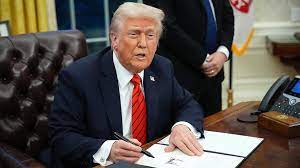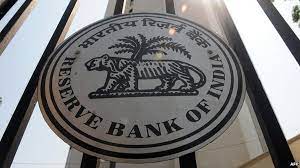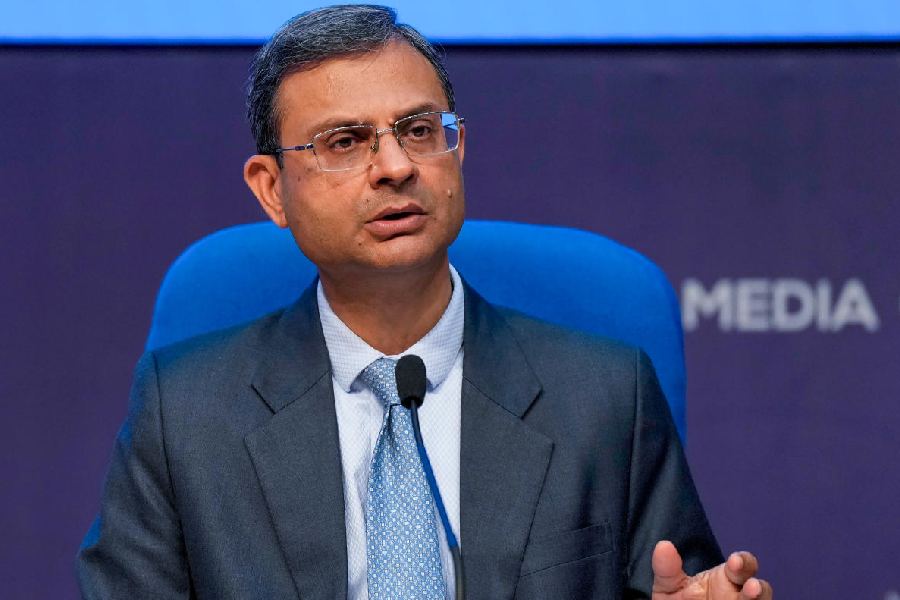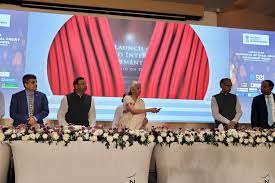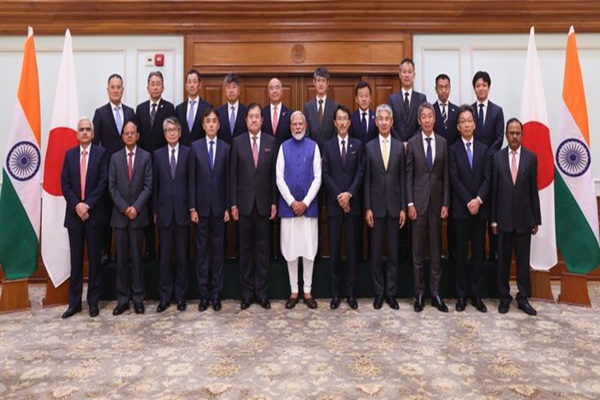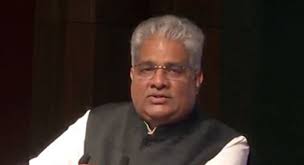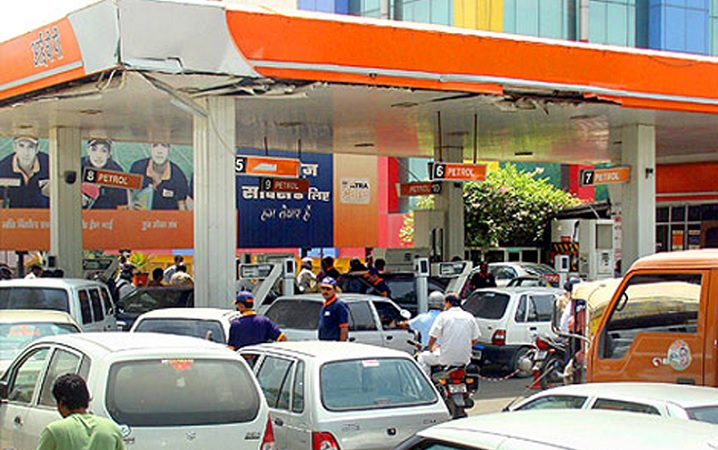Maruti Suzuki lines up Rs 5,000 cr capex for current fiscal
Mon 16 May 2022, 11:43:26
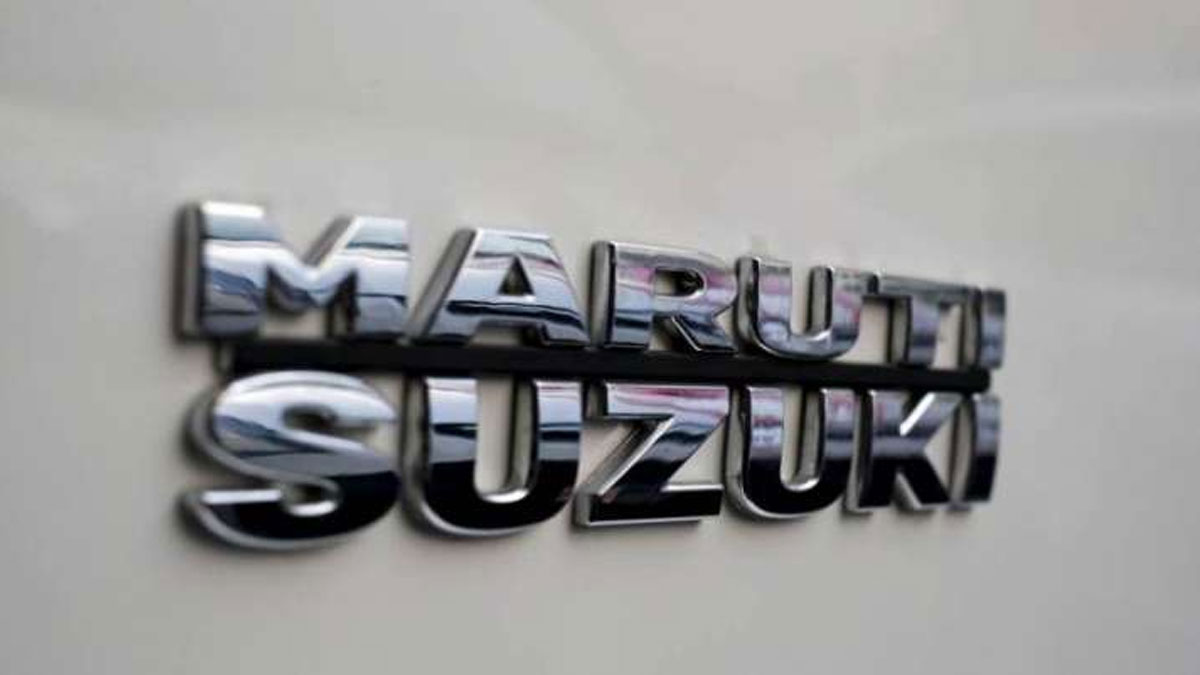
New Delhi: Maruti Suzuki India (MSI) has lined up Rs 5,000 crore capex for various initiatives, including new product launches, for the current financial year, according to a senior company official.
The country's top carmaker, which had earmarked around Rs 4,500 crore in FY22, also believes that parent Suzuki Motor Corp's investment in Gujarat would help in expanding its battery electric vehicles (BEV) range in the country.
"Capex of Rs 5,000 crore is something that we've committed for this fiscal on various projects, including, the new model launches etc," MSI CFO Ajay Seth said in an analyst call.
The maker of Alto and Swift noted that it would manage the capex through internal accruals, he added.
Responding to a query on Suzuki's plans to invest in Gujarat for local manufacturing of Battery Electric Vehicles (BEV) and BEV batteries, Seth said: "This investment will greatly support in localising the EV manufacturing and help the company to accelerate and expand its BEV product portfolio in India."
The company is planning to introduce its first BEV by 2025.
In March, Suzuki Motor Corporation announced to invest around 150 billion yen (about Rs 10,445 crore) by 2026, for local manufacturing of Battery Electric Vehicles (BEV) and BEV batteries in Gujarat.
On a query regarding the ongoing semiconductor shortage and its impact on the company, Seth noted that the supply situation of electronic components continues to be unpredictable.
"It might have some impact on the production
volumes for FY 2022-23 as well," he added.
volumes for FY 2022-23 as well," he added.
MSI currently has a backlog of over 3.2 lakh units due to production issues following acute shortage of chips.
"Generally chips will continue to be a challenge in this year also and of course we'll try to maximise our numbers," MSI Executive Director Corporate Affairs Rahul Bharti said.
On a query regarding hybrids, he noted that the technology is very powerful which can work in conjunction with EVs to help reduce carbon and oil import.
"They do about 30-40 per cent of the job of an EV and are many times more scalable. It would be an interesting option and we'll be looking forward to such technologies in the future," Bharti said.
He noted that the company would like to regain over 50 per cent market share in the domestic passenger vehicle segment.
"Of course, as a market leader our target will be to be at 50 per cent market share or more. There are a number of factors responsible for this, one the semiconductor shortage, with the three lakh pending orders if we service that then the numbers and market share would be much higher," Bharti stated.
He noted that the company's market share in the non-SUV segment is over 65 per cent.
"In every segment other than SUV our market share has gone up. Whenever we launch SUVs, of course, the market share has to improve," Bharti said.
The company plans to launch multiple products to consolidate its position in the fast-growing SUV segment.
No Comments For This Post, Be first to write a Comment.
Most viewed from Business
AIMIM News
Delhi Assembly polls: Owaisi leads Padyatra in Okhla
Feb 01, 2025
We reject this Waqf Amendment Bill: Asaduddin Owaisi
Jan 30, 2025
Latest Urdu News
Most Viewed
May 26, 2020
Which team will win the ICC Men's Champions Trophy 2025 held in Pakistan/Dubai?
Latest Videos View All
Like Us
Home
About Us
Advertise With Us
All Polls
Epaper Archives
Privacy Policy
Contact Us
Download Etemaad App
© 2025 Etemaad Daily News, All Rights Reserved.


